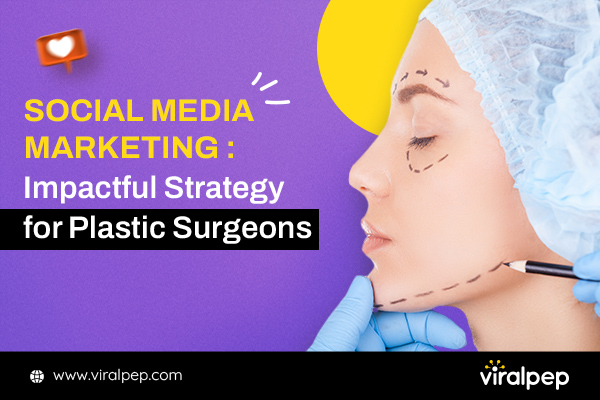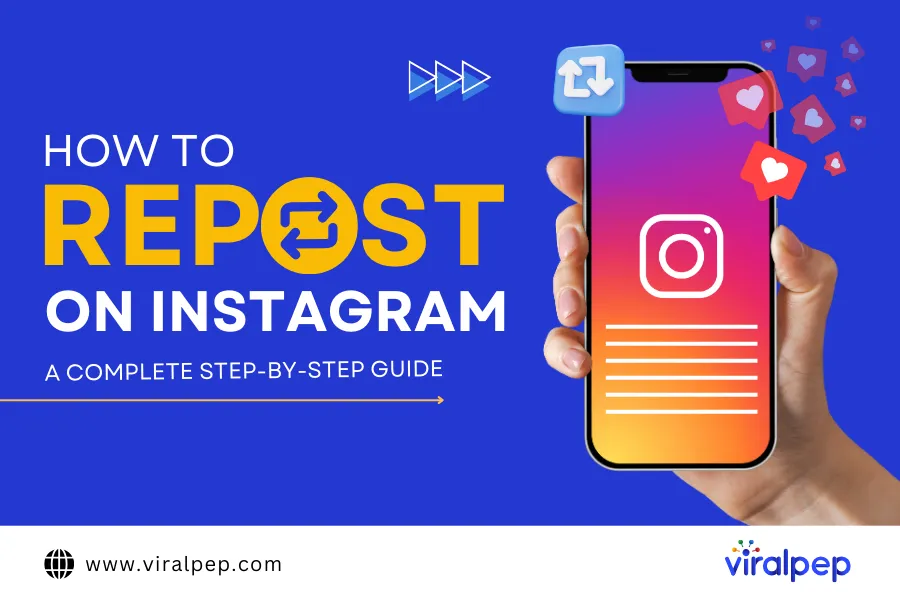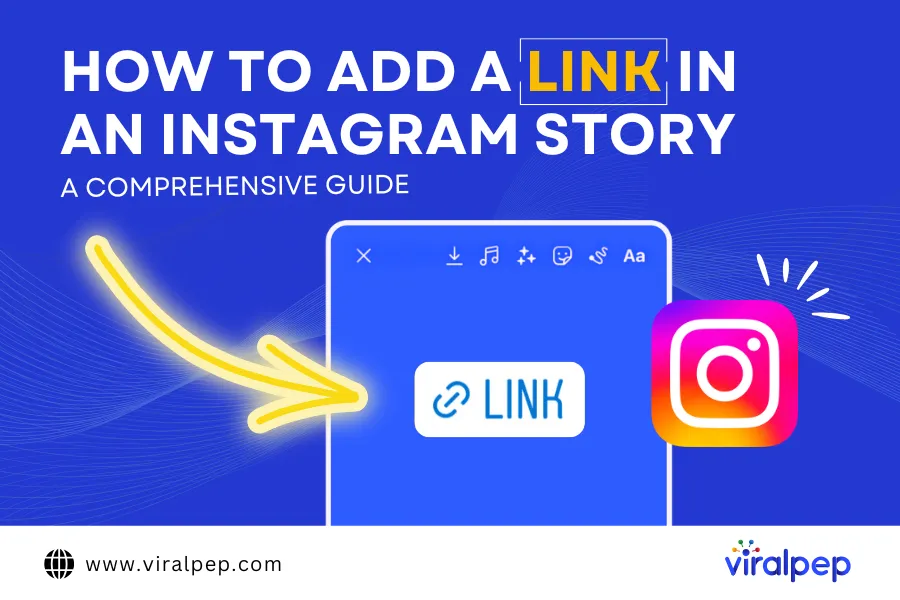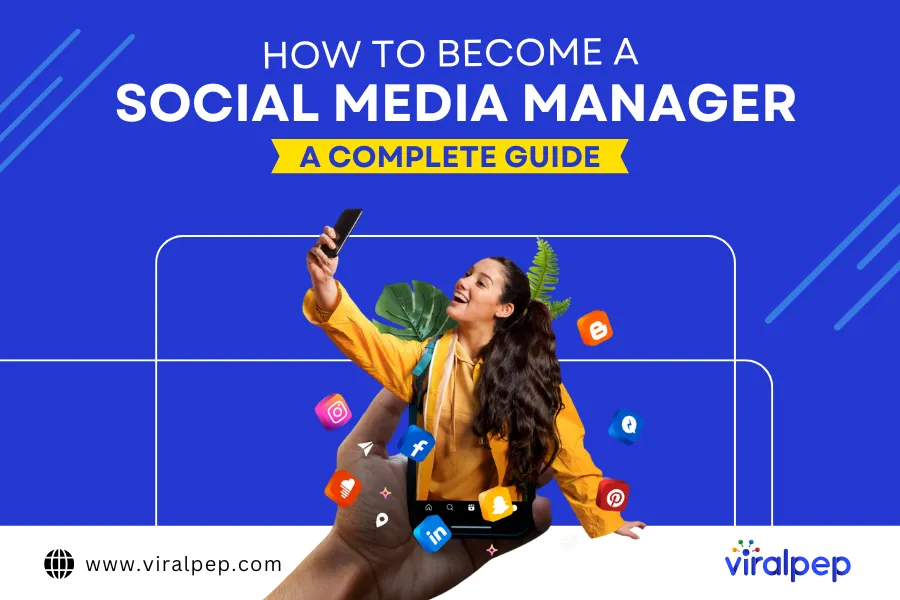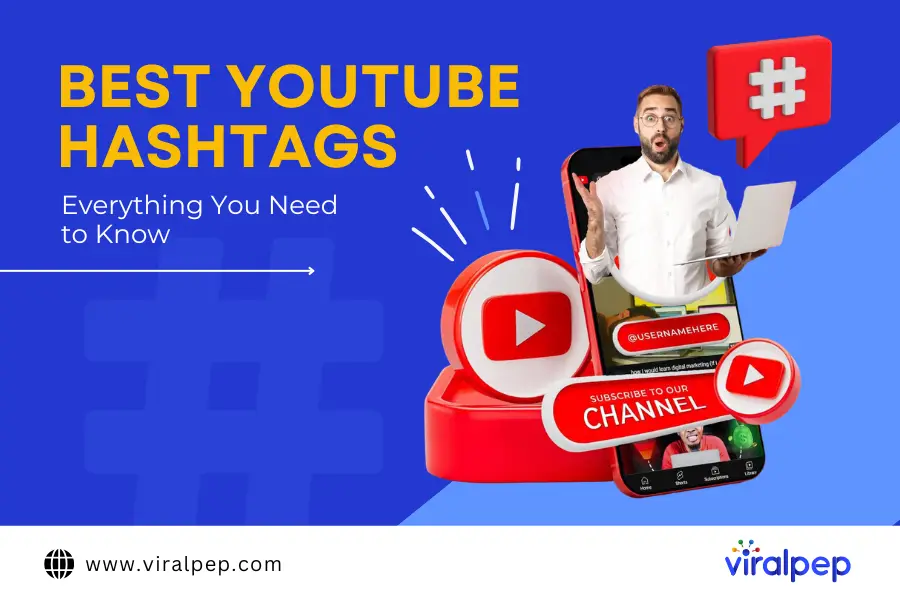In today’s digital age, social media has become an invaluable tool for plastic surgeons to reach and engage with their target audience. This blog post explores the importance of social media for plastic surgeons and its benefits for marketing in the plastic surgery industry. It aims to provide valuable insights into effective social media marketing strategies for plastic surgeons.
Define Your Target Audience
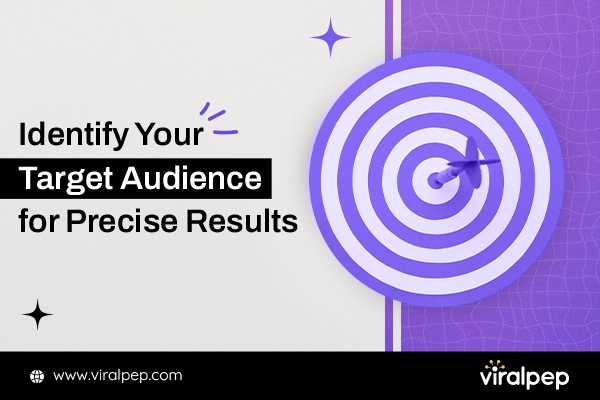
To effectively utilize social media for marketing, it is crucial to identify and understand your ideal patients. This involves defining specific demographics, age ranges, common aesthetic concerns, and goals. Market research on your target audience’s social media habits and preferences will help you tailor your social media strategy to reach and engage with them effectively. Related Blog: How to Narrow Down Your Target Audience
Establish Your Brand Identity
Developing a consistent brand image and messaging is essential for plastic surgeons. Define your unique value proposition and key differentiators to stand out in a competitive market. Create a compelling bio and profile that reflects your expertise, approach, and the benefits you offer to potential patients.
Choose the Right Social Media Platforms
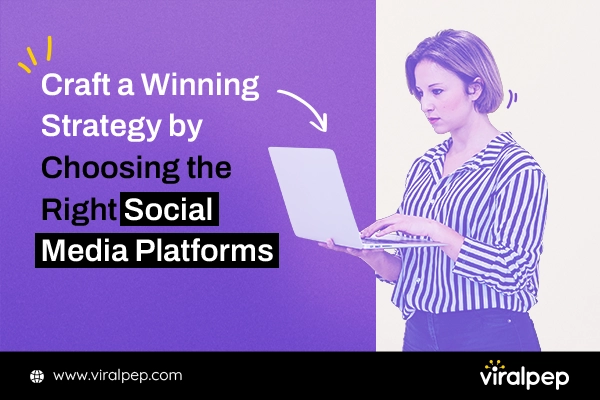
Not all social media platforms are created equal when marketing plastic surgeons. Research and analyze which platforms are popular. Select visually oriented platforms suitable for showcasing results. Focus your efforts on platforms such as Instagram, Facebook, and YouTube.
Share Educational Content
Providing valuable educational content related to plastic surgery effectively engages your audience. Offer informative articles or blog posts about different procedures, answer frequently asked questions, and address common concerns and misconceptions. Utilize a mix of text, images, and videos to convey your message effectively.
Showcase Before and After Results

One of the most powerful marketing tools for plastic surgeons is showcasing impressive before and after photos or videos of your patients. However, ensuring patient consent and maintaining privacy and confidentiality is crucial. Provide context and describe the procedures to educate your audience and build trust. Related Blog: Lets Build Brand Trust Using Social Media
Patient Testimonials and Success Stories

Feature testimonials from satisfied patients to build credibility and trust. Share success stories that highlight the positive impact of your plastic surgery services on patients’ lives. Including visual elements, such as images or videos, further enhances the credibility of the testimonials.
Behind-the-Scenes Insights
Offer a behind-the-scenes look at your practice and team to humanize your brand. Showcase your state-of-the-art facilities and technology to instill confidence in potential patients. Introduce your staff and highlight their expertise and qualifications to establish trust and credibility.
Engage with Your Audience

Engage your audience promptly and in a personalized manner. Encourage patient reviews and testimonials on social media profiles to showcase the positive experiences of your patients. Conduct real-time Q&A sessions or live videos to address audience questions and concerns.
Collaborate with Influencers and Partners
Identify relevant influencers in the beauty and wellness industry and collaborate with them to create sponsored content or joint campaigns. Partner with complementary businesses, such as skincare brands or fitness centers, to cross-promote each other and reach a wider audience.
Use Visual Storytelling

Invest in high-quality visuals to effectively showcase your work and engage your audience. Create engaging videos that demonstrate procedures or share patient stories. Utilize before and after images to illustrate the transformation your services achieved visually.
Adhere to Ethical Guidelines and Regulations
As a plastic surgeon, adhering to ethical guidelines and regulations is crucial. Ensure compliance with HIPAA regulations and patient privacy. Avoid making false claims or promises in your social media content. Provide necessary disclaimers when required and always uphold professional ethics.
Analyze and Adjust
Tracking and measuring the performance of your social media posts and campaigns is essential for continuous improvement. Monitor engagement metrics, follower growth, and lead generation to gain insights into what is working and what needs adjustments. Use analytics tools to track the effectiveness of your social media strategy and make data-driven decisions to optimize your approach. Related Blog: Boost Your Social Media Reach with Scheduling Tool
Conclusion
In conclusion, social media has become a powerful marketing tool for plastic surgeons to connect with their target audience and showcase their expertise. By implementing effective social media marketing strategies, plastic surgeons can enhance brand visibility, engage with patients, and ultimately grow their practice. Each aspect plays a crucial role in plastic surgeons’ successful social media strategy, from defining the target audience to sharing educational content, showcasing before and after results, engaging with the audience, and adhering to ethical guidelines. Embrace the potential of social media, stay consistent, and continuously analyze and adjust your approach to maximize its benefits to your practice. With the right strategies and a thoughtful approach, plastic surgeons can leverage social media to establish their brand, educate their audience, build trust, and ultimately attract more patients seeking their services. Start implementing these effective social media marketing strategies and unlock the potential to thrive in the digital landscape of the plastic surgery industry.
FAQs
Why is social media marketing important for plastic surgeons?
Social media marketing allows plastic surgeons to reach a wider audience, showcase their expertise, build credibility, and engage with potential patients cost-effectively and efficiently.
Which social media platforms should plastic surgeons focus on?
Plastic surgeons should focus on platforms that align with their target audience’s preferences, such as Instagram, Facebook, YouTube, and LinkedIn. These platforms allow visual content sharing, engagement, and reach within the plastic surgery community.
How can I showcase my before and after results on social media?
You can share before and after photos or videos on your social media profiles while ensuring patient privacy and consent. Provide detailed descriptions of the procedures performed and the transformation to highlight your expertise.
How can I engage with my audience as a plastic surgeon on social media?
Engage with your audience by promptly responding to comments, messages, and inquiries. Run Q&A sessions, live videos, or polls to address their questions and concerns and encourage patient reviews and testimonials to foster interaction.
Can I collaborate with influencers or partners in the beauty industry for my social media marketing?
Collaborating with influencers or partners in the beauty industry can help expand your reach and credibility. Consider sponsoring content, running joint campaigns with influencers, or partnering with complementary businesses to cross-promote each other.
What types of content should I share on social media as a plastic surgeon?
Share educational content, such as informative articles about different procedures, answers to common questions, and insights on aesthetic concerns. Use a mix of text, images, and videos to engage your audience effectively.
How can I ensure ethical practices as a plastic surgeon in my social media marketing?
- Adhere to HIPAA regulations and patient privacy guidelines by avoiding sharing identifying information without consent.
- Avoid making false claims or promises and provide disclaimers when necessary.
- Uphold professional ethics and integrity in your content.
How can I track the effectiveness of my social media marketing efforts as a plastic surgeon?
Track key metrics like engagement rate, follower growth, website traffic, and lead generation using social media analytics tools. Monitor the performance of your posts and campaigns to gain insights and make adjustments accordingly.


